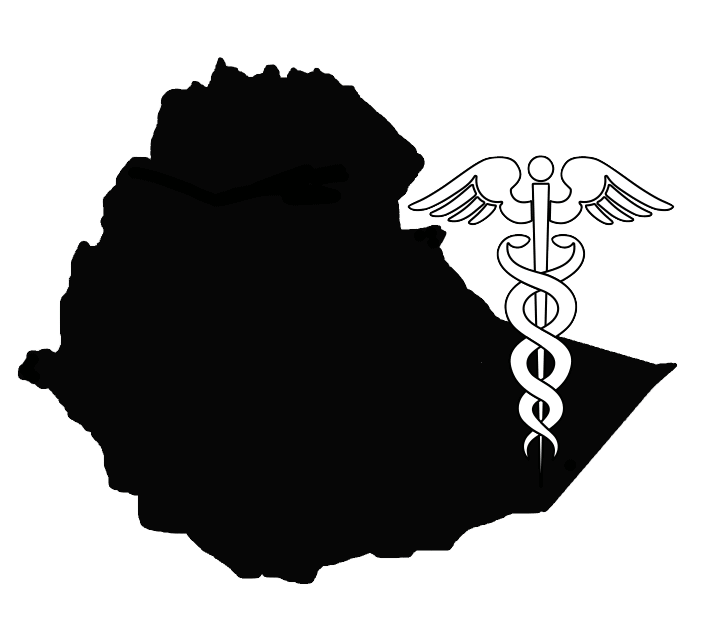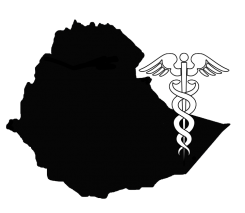Like many developed countries, Canada is suffering from a shortfall of both primary care physicians and nurses. However, the problems facing our healthcare system pale in comparison to the severe healthcare worker shortage in sub-Saharan Africa. This region has an average of 0.8 healthcare workers per 1000 people, well below the World Health Organization’s recommended minimum of 2.3 per 1000. The shortage has been caused by a variety of interacting factors, many of which are outside of Canada’s direct control. We have, however, exacerbated the shortage by promoting the emigration of trained healthcare workers from sub-Saharan Africa.
In an attempt to alleviate our own shortages, Canada has put in place programs to attract international physicians, nurses, and pharmacists. Through the Provincial Nominee Program, provinces can sponsor skilled healthcare workers to immigrate through an accelerated program. Some private Canadian recruitment agencies go even further, advertising in African professional journals and magazines and promoting immigration to Canada. These practices have proved to be a boon to Canada, since graduates of international medical schools are much more likely than domestic graduates to specialize in primary care and work in rural areas — exactly where we face our greatest shortages.
While beneficial to us, these practices — and similar policies in other western countries — are a significant financial burden on countries in sub-Saharan Africa. When a physician immigrates to Canada from sub-Saharan Africa, we are effectively outsourcing our own educational investment to a country that can least afford it. A study published in the British Medical Journal estimated that Canada saved $384 million in training costs by recruiting qualified physicians from sub-Saharan Africa. But as Canada saves money, host countries lose large investments. South Africa, in particular, has lost an estimated $1.4 billion investment in physician training to the US, UK, Australia, and Canada.
The emigration of trained health care workers from the developing world to the developed has been called ‘foreign aid in reverse.’ But there is a way to minimize this injustice. Canada should sponsor the training of health care workers in sub-Saharan Africa to equalize the burden imposed by emigration. Although there is little precedent for a training program of this size, U of T has provided a model that could be widely used.
The Toronto Addis Ababa Psychiatry Project (TAAPP) is a partnership between the Department of Psychiatry at the University of Toronto and the Department of Psychiatry at Addis Ababa University in Ethiopia. Since 2003, teams of U of T psychiatrists have worked with their counterparts at Addis Ababa University to support a new psychiatry-training program, the first in the country. As a result of this program, the number of practicing Ethiopian psychiatrists has increased from 11 to 44. This is still a tiny fraction of the number of psychiatrists needed, but it is a welcome improvement. The program has also developed the health services and educational capacity at Addis Ababa University in addition to providing U of T faculty with novel perspectives on mental illness. There is now a partnership between the schools of nursing at Addis Ababa and U of T, and a family medicine program is in planning stages.
The TAAPP project has shown that partnerships between Canadian and African universities can be successful. But a single partnership is not enough to equalize the flow of educational investment out of sub-Saharan Africa. The Canadian government should establish these partnerships at all of our 17 medical schools, each with a different sub-Saharan African university. Capacity in all facets of medicine, from anesthesiology to psychiatry to surgery, could be developed, while providing Canadian faculty and students with exposure to medicine in low resource settings.
I recognize that such program would require a significant monetary investment by the Canadian government — tens of millions of dollars, if not more. While this would be a difficult sell in a time of austerity, it is important to remember that we have been the beneficiary of hundreds of millions of dollars in investments by sub-Saharan African countries. Although it would be much cheaper for Canada to continue to be the beneficiary of the immigration of healthcare professionals, we should not solve our own problems at the expense of countries that can least afford it.
Connor Emdin is studying biochemistry at U of T and will be attending Oxford University next year as a Rhodes scholar. This article is adapted from an academic paper.



